-
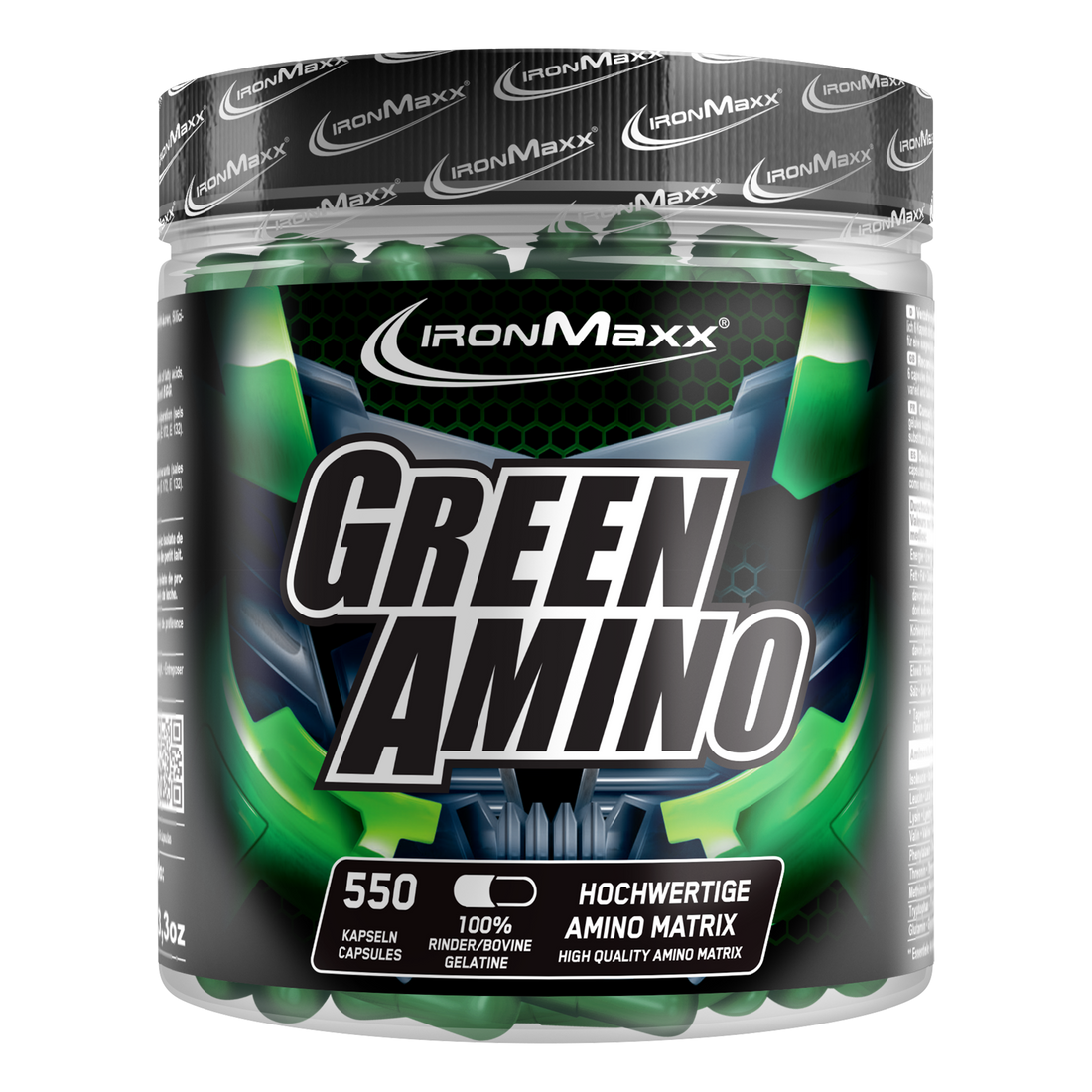 Green Amino - 550 capsulesGreen Amino
Green Amino - 550 capsulesGreen Amino550 capsules
+ 1
Amino acid complex
- Regular price
-
€ 30,90 - Regular price
-
€ 0,00 - Sale price
-
€ 30,90
(€82,25/1kg)
-
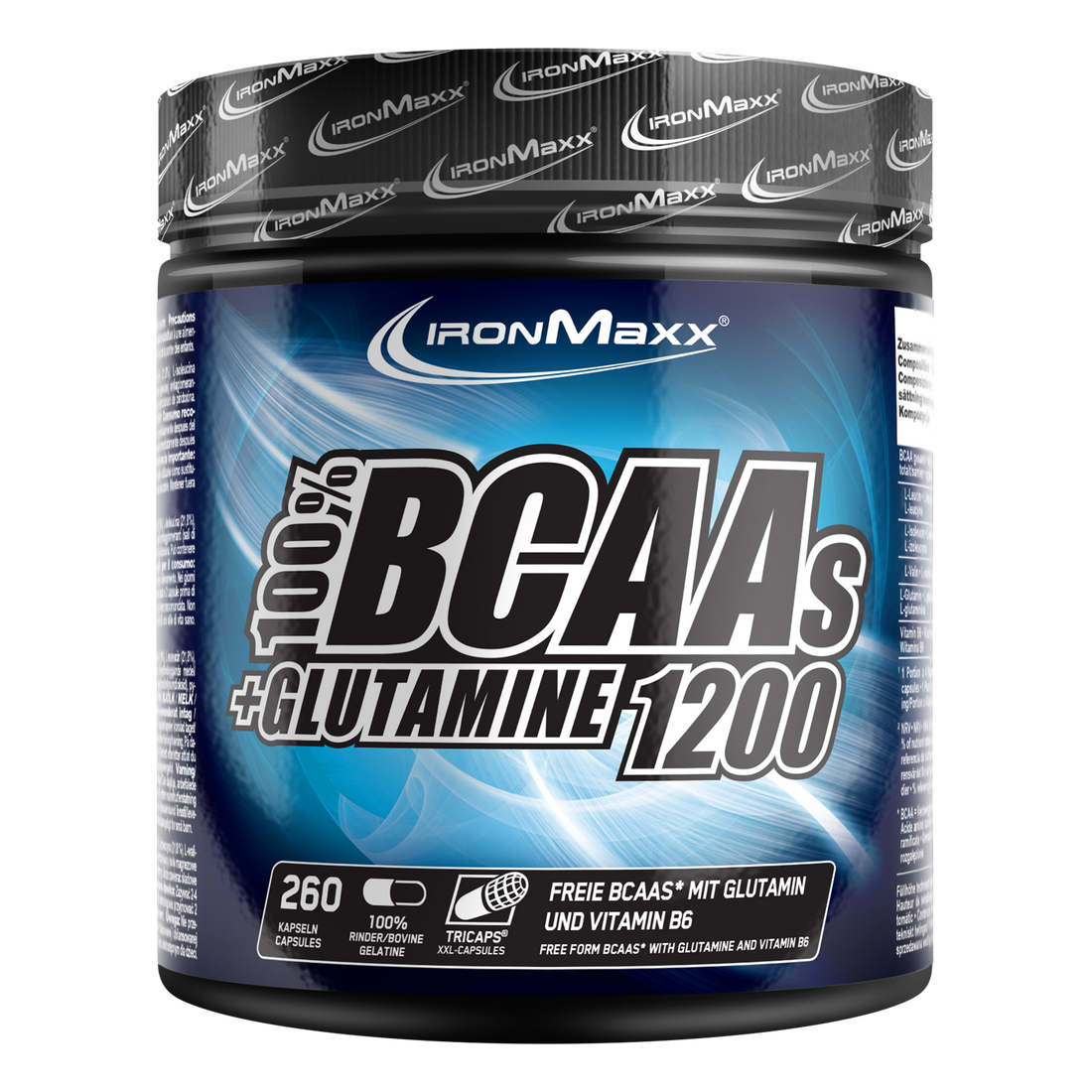 BCAAs + Glutamine 1200 - 260 Tricaps®BCAAs + Glutamine 1200
BCAAs + Glutamine 1200 - 260 Tricaps®BCAAs + Glutamine 1200260 Tricaps® at 1397 mg
Supporting muscle regeneration
- Regular price
-
€ 32,90 - Regular price
-
€ 0,00 - Sale price
-
€ 32,90
(€91,98/1kg)
-
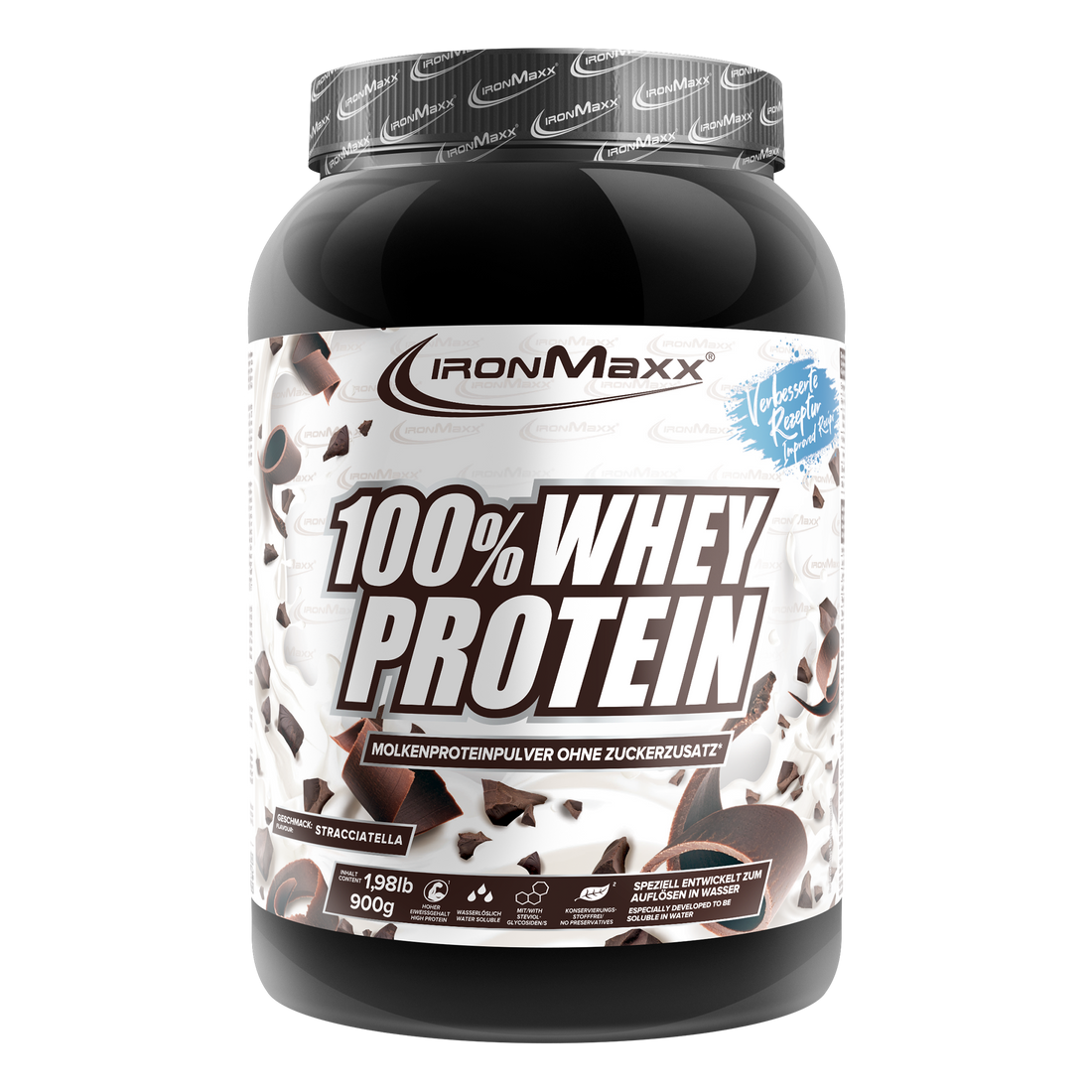 100% Whey Protein (900g) - Stracciatella100% Whey Protein (900g)
100% Whey Protein (900g) - Stracciatella100% Whey Protein (900g)Stracciatella
+ 27
Deutschlands Lieblings-Whey
- Regular price
-
€ 39,90 - Regular price
-
€ 0,00 - Sale price
-
€ 39,90
(€44,33/1kg)
Bestseller -
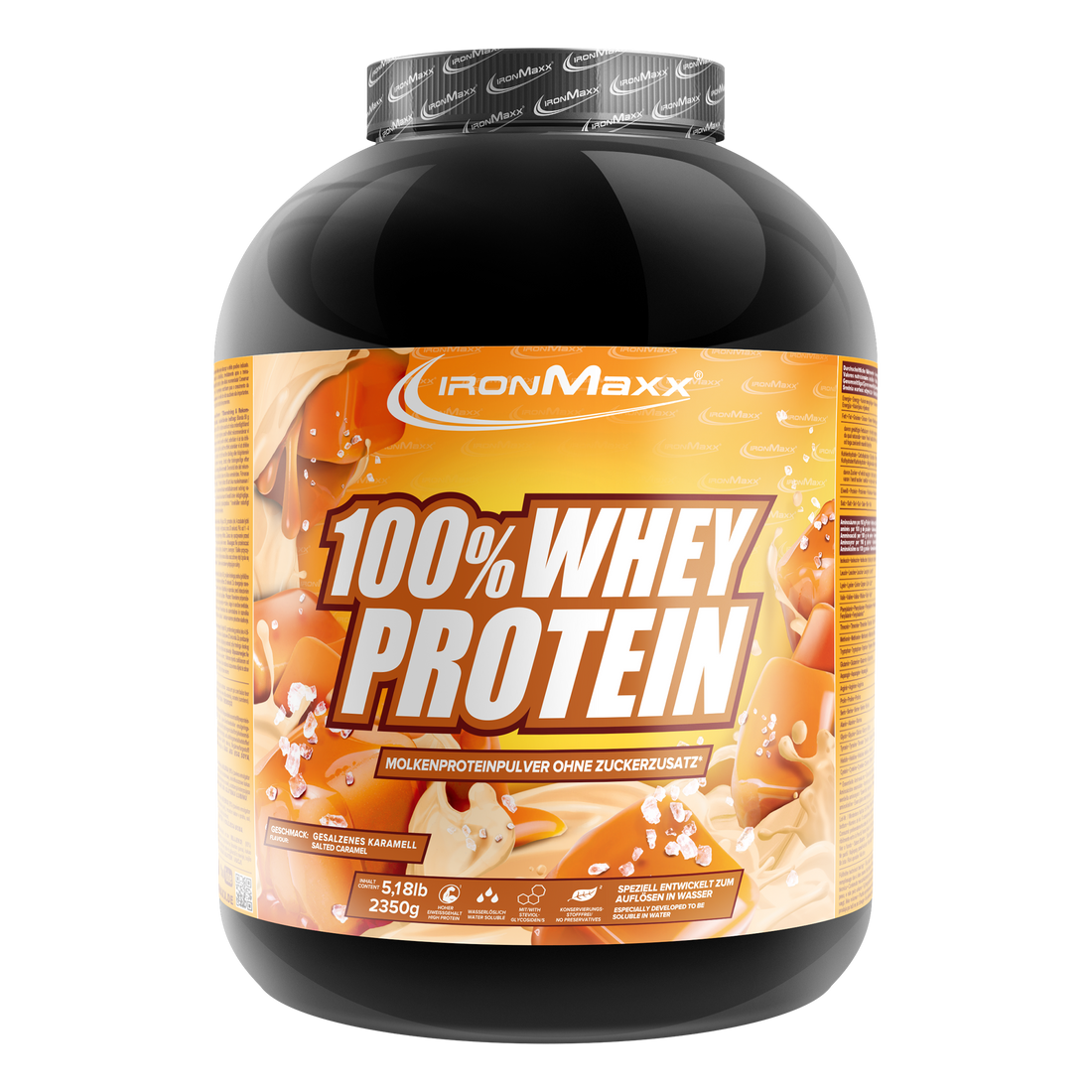 100% Whey Protein (2350g) - Salted Caramel100% Whey Protein (2350g)
100% Whey Protein (2350g) - Salted Caramel100% Whey Protein (2350g)Salted Caramel
+ 21
Deutschlands Lieblings-Whey
- Regular price
-
€ 79,90 - Regular price
-
€ 0,00 - Sale price
-
€ 79,90
(€34,00/1kg)
-
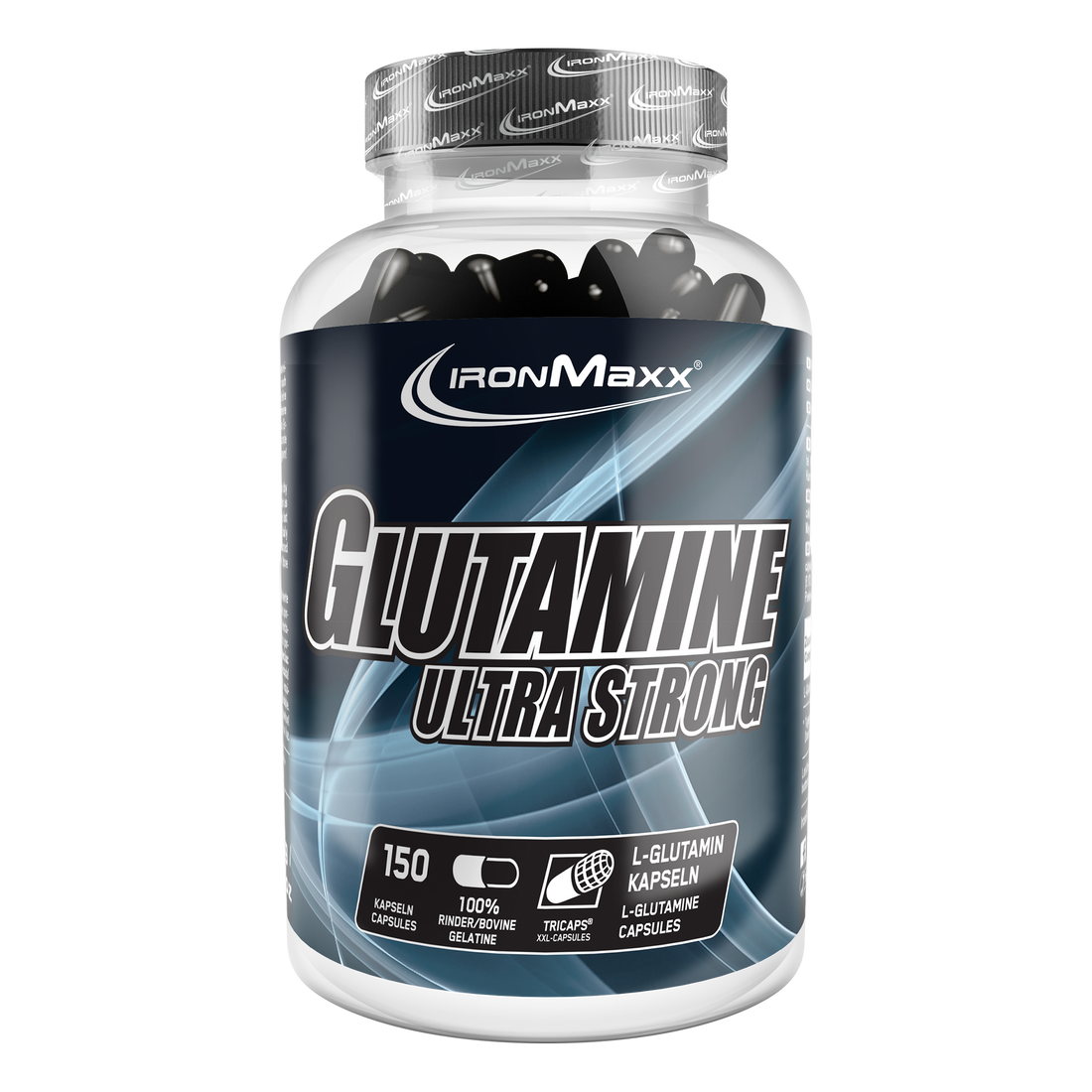 Glutamine Ultra Strong - 150 Tricaps®Glutamine Ultra Strong
Glutamine Ultra Strong - 150 Tricaps®Glutamine Ultra Strong150 Tricaps®
Supports muscle regeneration
- Regular price
-
€ 27,90 - Regular price
-
€ 0,00 - Sale price
-
€ 27,90
(€116,40/1kg)
-
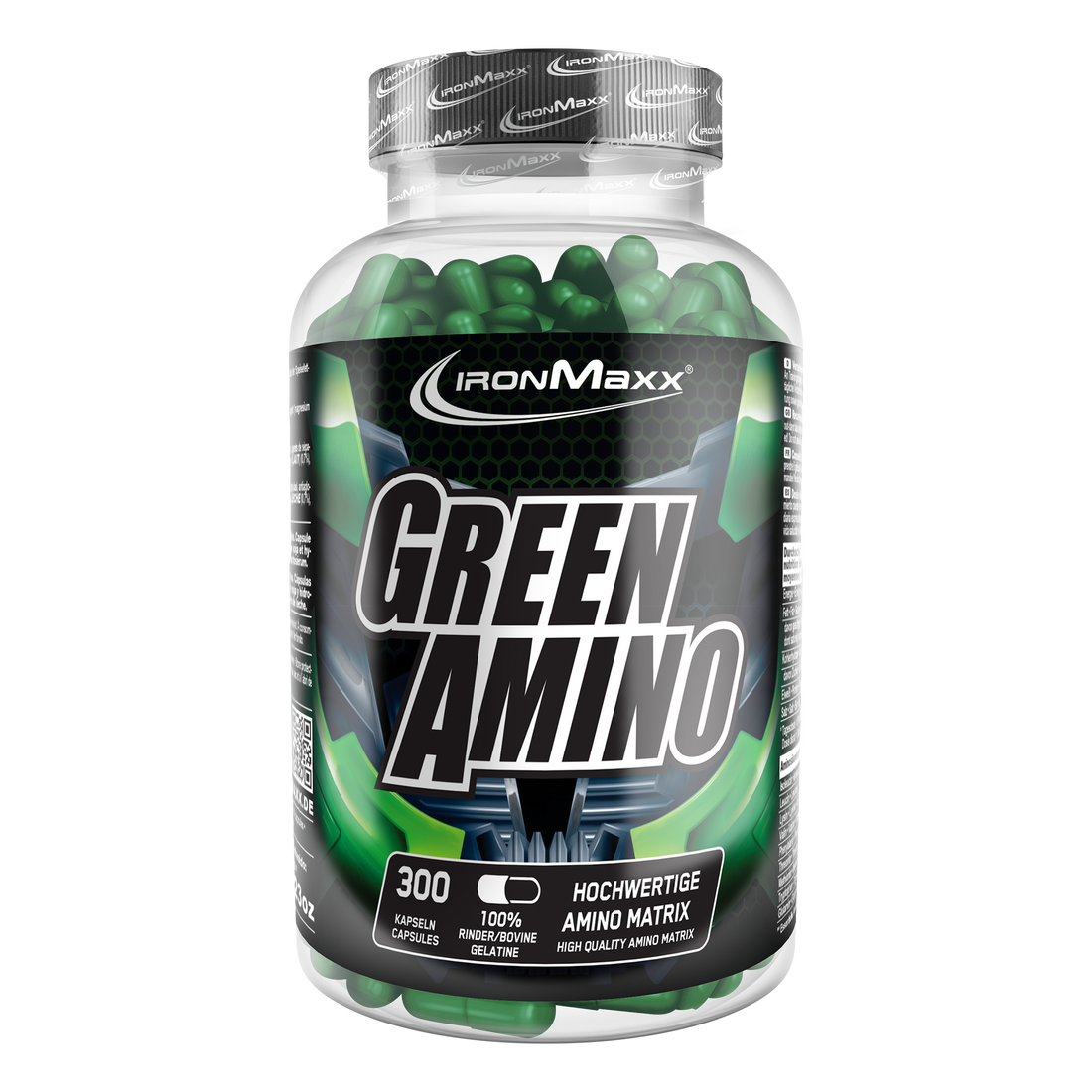 Green Amino - 300 capsulesGreen Amino
Green Amino - 300 capsulesGreen Amino300 capsules
+ 1
Amino acid complex
- Regular price
-
€ 20,90 - Regular price
-
€ 0,00 - Sale price
-
€ 20,90
(€101,95/1kg)
-
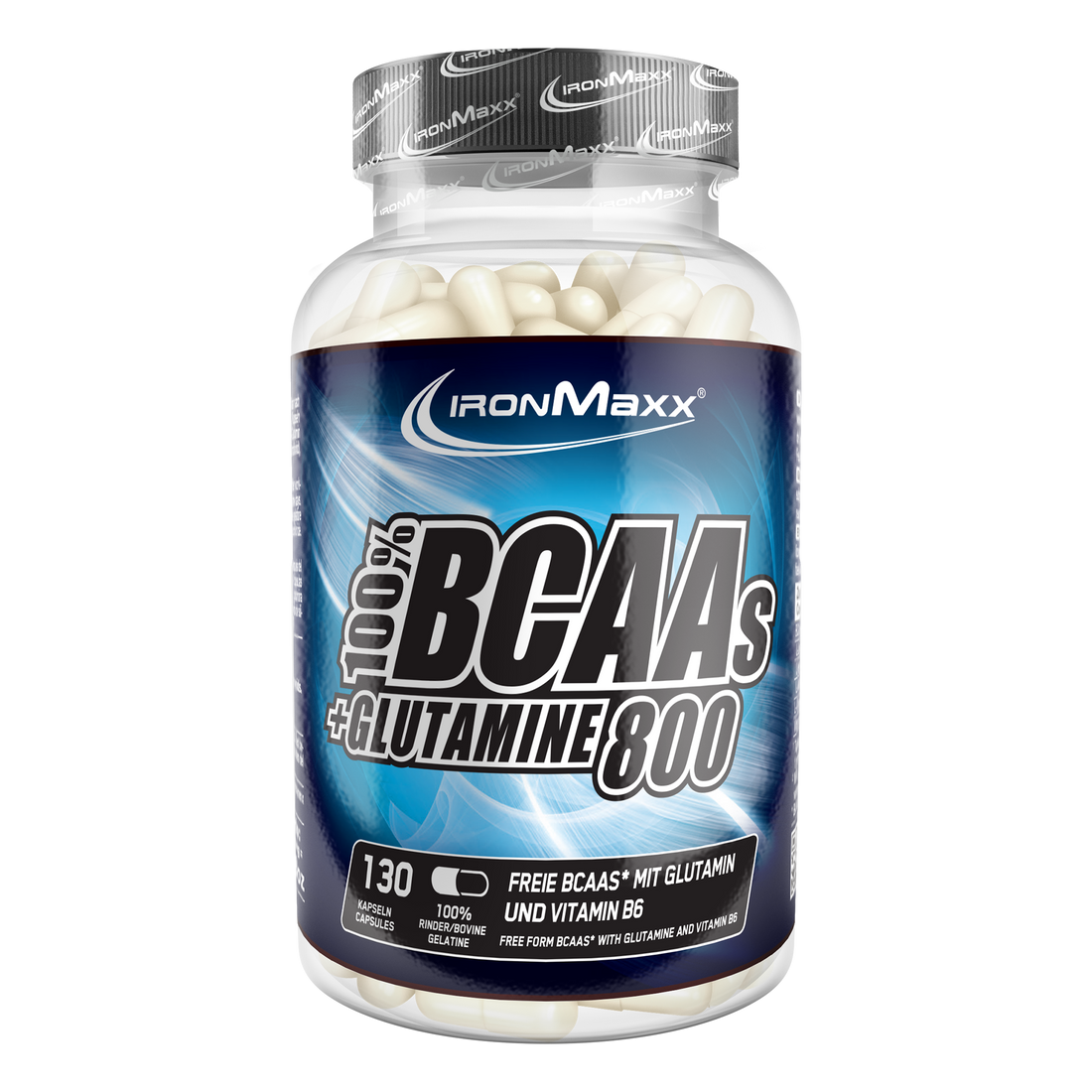 BCAAs + Glutamine 800 - 130 capsulesBCAAs + Glutamine 800
BCAAs + Glutamine 800 - 130 capsulesBCAAs + Glutamine 800130 capsules of 933mg
Supporting muscle regeneration
- Regular price
-
€ 17,90 - Regular price
-
€ 0,00 - Sale price
-
€ 17,90
(€147,69/1kg)
Search for Protein, Food...
Log in






